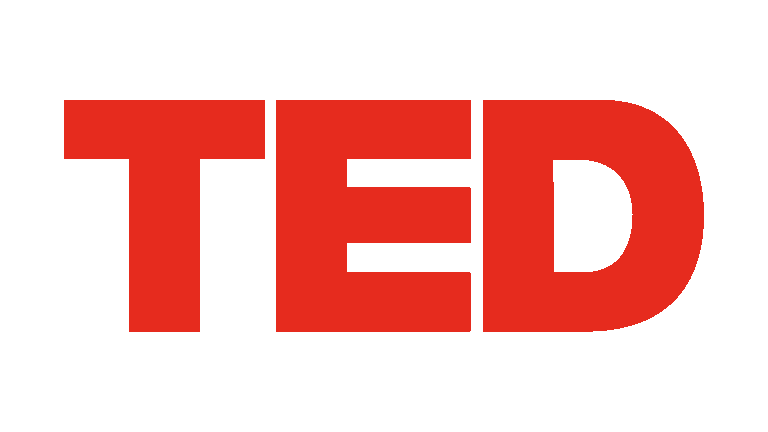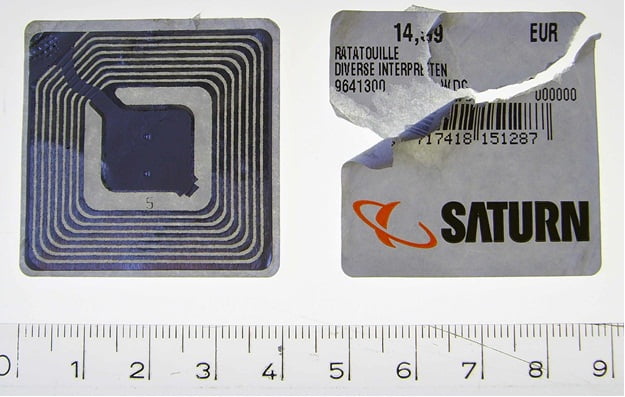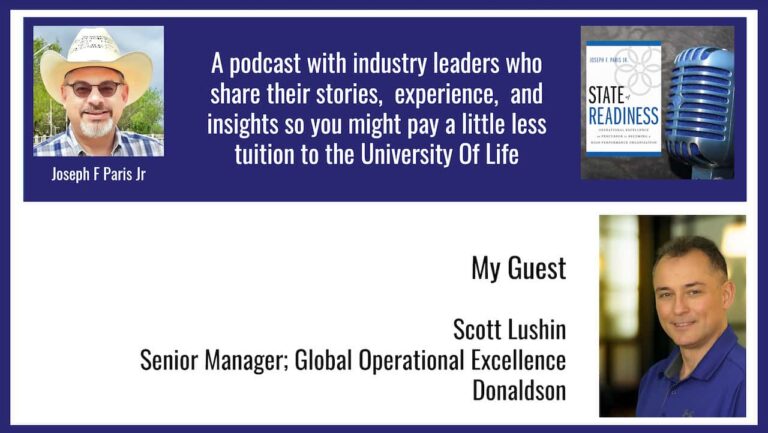How Many Change Agents Does It Take to Change a Light Bulb?
Wouldn’t it be great if you could reliably predict which leaders in your organization are naturally suited for success in the challenging Change Agent role? XONITEK is engaging with a research partner to develop a tool for doing exactly that. Find out about this research study and how your organization can participate in and benefit from it.
The Challenge of Measuring Change Agent Performance
How many change agents does it take to change a light bulb? Only one, but first, she has to rally the stakeholders, create a compelling vision of the desired future state, sell the concept, lay out a plan, convince the light bulb owner and stakeholders to actually make the change…and then work relentlessly to make sure that it stays changed.

That is both the world’s worst light bulb joke, and also a fair summary of the challenges facing the change agent role in most companies. In today’s complex, global organizations, a change agent striving to implement operational excellence is typically a catalyst for change that must ultimately be executed and sustained by others—often many others in multiple locations across a significant span of time. It takes a special kind of person to be an effective agent of change and to enjoy serving in that capacity.
Clearly, for companies to put aside “nostalgia, beliefs, and tradition,”[1] they need to identify, develop, and deploy numerous change agents throughout their organization. When kicking off an operational excellence initiative, CEOs typically select some of their top managers to be groomed as change agents. Unfortunately, if your experience is anything like mine, you know that a depressingly large number of those good managers are not cut out to be true change agents.
Time and again, I’ve seen companies make significant investments in training a cadre of professionals to become change agents, only to see a very low percentage of them actually grab hold of their new skills, apply them, and lead their organization to implement change and to sustain the change.
Wouldn’t it be great if you knew in advance which leaders in your organization have what it takes to be high-performance change agents? Indeed, in today’s world of Big Data and predictive analytics, why can’t we predict who the great potential change agents are?
At my company, Smart Work | Network, Inc., we believe that it is possible to predict which individuals are inherently likely to succeed as change agents, and we are delighted to be partnering with XONITEK to conduct a research study on this topic. XONITEK has selected us for this project because Smart Work | Network represents a full spectrum of psychometric assessments that reflect 35 years of statistical analysis into the nature of high performance in more than 2,500 companies across industries and around the world.
This research project will proceed in two phases: Description and Validation. In the Description phase, XONITEK and its customers and friends will participate in identifying a small number of measurable characteristics that best describe high-performance change agents. This establishes an empirical basis for discerning which individuals are most effective in the change agent role and which are less effective.

In the Validation phase, a minimum of 100 experienced change agents from among XONITEK’s client base will complete a psychometric assessment that measures the inherent traits and learned behaviors that are known to correlate with high performance. By statistically comparing and contrasting the assessment profiles of the top change agents (based on characteristics from the Description phase) with those of the lower performers, and with the almost 20 million assessments in the research database, Smart Work | Network’s team can determine the inherent traits and learned behaviors that are the predictive differentiators for individuals in a change agent role.
In other words, once we have identified the Ideal Change Agent Profile, the psychometric assessment results of future potential change agents can be compared to that ideal, and companies will be able to predict with significant levels of certainty which individuals are naturally “hard wired” for success in a change agent role.
How much certainty? Well, the standard psychometric profiles offered by Smart Work | Network are typically 99.5% predictive of high performance in a given role. While the results of this initial research may not have quite that extreme level of statistical significance, the new Ideal Change Agent Profile still represents a massive leap forward in predicting success for new change agents. And as XONITEK and Smart Work | Network refine the results through subsequent validation studies, the reliability will continue to improve.
When I think of new ways for XONITEK to add value for its clients, I believe that the ability to predict an individual’s potential for success as a change agent positions them to help organizations maximize their investment in operational excellence. The tenets of lean thinking come to mind, specifically the 8th muda. Putting the wrong person into a change agent role is a painful and expensive form of underutilization of people. It’s frustrating to the individual and not cost-effective for the organization.
In the very near future, select XONITEK clients and members of the Operational Excellence Group on LinkedIn will be invited to participate in the Descriptive Phase of this innovative research venture. Participants will be asked to complete a brief survey to help define, as an operational excellence community, what measurable characteristics are most important in evaluating the effectiveness of a change agent. I hope you’ll invest 10 or 15 minutes of your time in completing this survey.
“What’s in it for me?” you may ask. Several things, beyond just the warm, fuzzy knowledge that you are helping this community.
First, everyone who completes the survey will receive a copy of the final report. If your managers are struggling to meaningfully evaluate change agent performance, our new metrics may offer a better foundation for those evaluations.
Second, only organizations that have contributed to the survey will be considered for participation in phase two, the Validation study. This is important because change agents who are assessed as part of the Validation study will receive, at XONITEK’s expense, a copy of their individual psychometric assessment results, an accompanying Coach’s Report, and an interpretation guide. This $795 value provides the individual change agent with crucial insights into his or her inherent strengths, along with recommendations for personal development. Additionally, the Coach’s Report is directed to the change agent’s manager, and contains suggestions for how to successfully manage and develop the individual, based on his or her psychometric profile.
Over the course of the last 25 years, XONITEK has established itself as the leading House of Excellence, where the foundation is a strategic program delivery and deployment platform that supports culture transformation and tactical improvement methods. A roof of Continuous Improvement encompasses Leadership, Transformational Change and everything that Operational Excellence means to a business, and to its people (via career development and HR).
INVITATION
On behalf of Smart Work | Network and our partners at XONITEK, I hope you’ll be part of blazing a trail to a new level of excellence in grooming change agents, based not on “by guess and by golly,” but rather on the predictive analytics of statistical science. Click here to participate in our survey, “What Makes a Change Agent Great? Differentiators for Predicting Change Agent Success.”
Or contact Trinity DeMars at demarstk@xonitek.com for any other questions.
[1] Paris, Joseph. “Changing a Continuous Improvement Initiative into a Global Programme.” Lean Management Journal. Issue 5, Volume 4, July 2014.
By Claire F. Kuhl

Claire F. Kuhl is a Senior Consultant with Smart Work | Network, Inc., a talent consulting practice based in Greenville, South Carolina. During her extensive business career, Claire has managed multi-million-dollar projects, motivated teams, led change, and generally instigated trouble in a variety of disciplines and industries, ranging from international behemoths to sole proprietorships and non-profits. She co-authored the recently published book, Lean Potion #9: Communication—the Next Lean Frontier.






